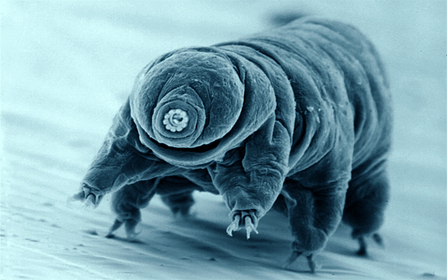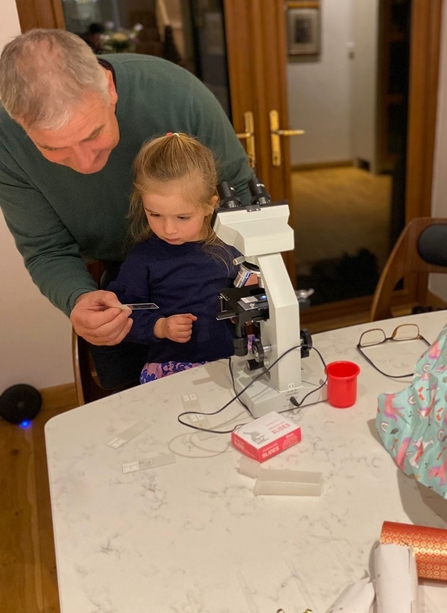Christmas, they say, is for children, and it can be an exciting and magical time for them. Although too often the real excitement is seated in the anticipation. Snowfall on Christmas Eve, large families joyously gathered together, and a single thoughtful gift given lovingly to one another. This is, perhaps, a promise pedalled too far by the barrage of festive advertisements we endure. We are all guilty, to a greater or lesser extent, of having Christmas shipped over from the far-side of the globe in the form of moulded plastic, an attempt to attain the projected expectation of a perfect Christmas.
As a boy I recall, shortly after Guy Fawkes Night, an endless stream of toy adverts fired out of the goggle-box. Evel Knievel was launched across twelve London buses and landed perfectly onto a ramp, the Scalextric cars would never spin-off at the corners, and a happy family enjoyed tweezering vital organs out of a battery-operated patient. One Christmas morning, after being fed the dream of all these marvellous games and toys, I unexpectedly received a microscope. It was, with some disappointment, quickly discarded. Crestfallen, I returned to working out which away-strip my new Subbuteo team was supposed to be, and why I didn’t get a Neil Armstrong action figure and space-capsule.



